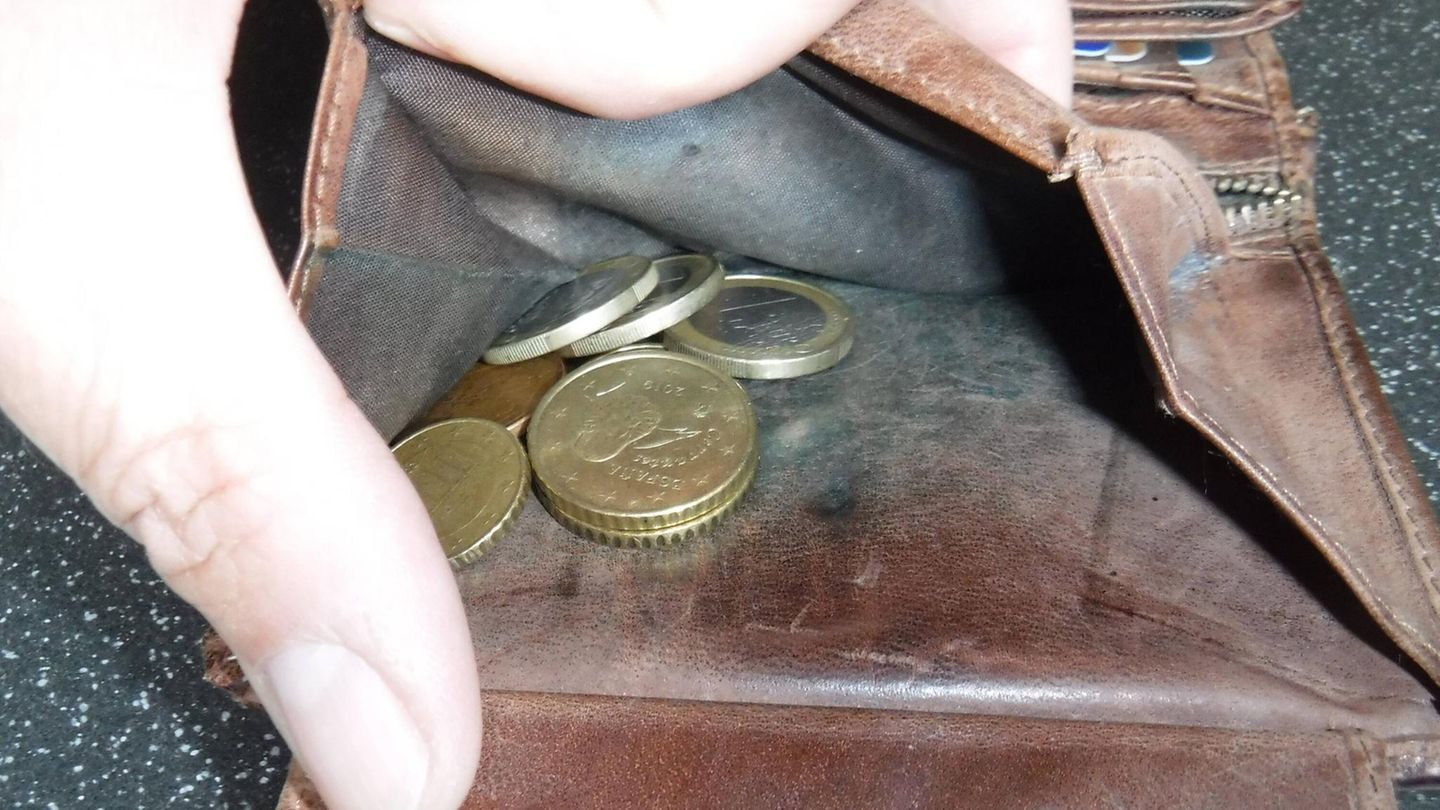Image: Schönbrunn Zoo/Daniel Zupanc
“Numbi”, the name of the elephant lady, got along well from the beginning with “Abu”, a 23-year-old bull who moved back to Schönbrunn from Halle Zoo in May 2023 for breeding purposes.
“Abu” has already been in the headlines once. The pachyderm, born in Vienna, killed a 39-year-old zookeeper during his morning routine in 2005, after which he was brought to Halle Zoo with his mother Sabi in 2006. Now he is to produce offspring in Schönbrunn. “Abu” no longer poses a danger to the zookeepers, the APA was assured on Friday: “There is no personal contact with the animal, there is always a barrier between them.”
- Read also: Photographer Peter Sterns was the first to capture a baby gorilla from Schmiding Zoo (OÖNplus)
The birth of the young animal is expected in about a year. Female elephants have a gestation period of around two years. So far, the pregnancy has gone well. “Abu” has “integrated well into our herd from the start and we were pleased to be able to observe the first matings soon,” explained zoo director Stephan Hering-Hagenbeck in a press release. Zoo veterinarians confirmed the cow’s pregnancy as part of hormone tests.
Births strengthen social cohesion
The aim of the Schönbrunn Zoo is to be able to depict the entire, very complex, natural social structure of the African elephant in the future as part of the European Conservation Breeding Programme. “This includes the herd nucleus of mother cows, which is managed as a matriarchy, the herds of young bulls living a little further away, who still learn a lot from the herd, and the dominant breeding bulls, who are not part of the matriarchy,” explained Hering-Hagenbeck. In the interests of conservation breeding, the zoo naturally hopes that all four cows in the current herd will become pregnant over the next few years. This would contribute to a balanced age ratio within the social structure of the matriarchy. “Experiencing births together also has an enormously positive effect on the entire herd because it strengthens social cohesion. In addition, the other cows benefit from these valuable experiences for their own births,” revealed Hering-Hagenbeck.
Image: Schönbrunn Zoo/Daniel Zupanc
“}”>
Image: Schönbrunn Zoo/Daniel Zupanc
Source: Nachrichten




